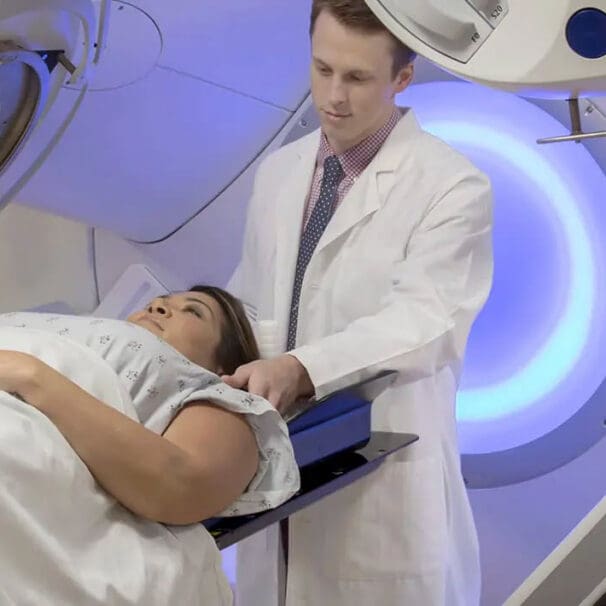HealthProviders DB is a comprehensive database of healthcare providers, including a complete directory of all Radiation Therapy Radiologic Technologists.
Radiologic Technologist Healthcare Taxonomy Code 2471R0002X
As of today, the following are the total number of Radiation Therapy Radiologic Technologists nationally, in your State, and near your location.
Select a State below to view the list by State. Additionally, you can narrow the list by city, among other options, from the Filter Panel, which you can open by clicking the vertical ellipses ⋮ in the upper right corner of the app.
Alaska – Alabama – Armed Forces Pacific – Arkansas – American Samoa – Arizona – California – Colorado – Connecticut – District of Columbia – Delaware – Florida – Federated States of Micronesia – Georgia – Guam – Hawaii – Iowa – Idaho – Illinois – Indiana – Kansas – Kentucky – Louisiana – Massachusetts – Maryland – Maine – Marshall Islands – Michigan – Minnesota – Missouri – Northern Mariana Islands – Mississippi – Montana – North Carolina – North Dakota – Nebraska – New Hampshire – New Jersey – New Mexico – Nevada – New York – Ohio – Oklahoma – Oregon – Pennsylvania – Puerto Rico – Palau – Rhode Island – South Carolina – South Dakota – Tennessee – Texas – Utah – Virginia – Virgin Islands – Vermont – Washington – Wisconsin – West Virginia – Wyoming
Medicare
The following are the total number of Radiation Therapy Radiologic Technologists who accept Medicare in your State, the number who have opted out of Medicare, and the total number excluded from participation in Medicare nationwide.
The diagram below shows all the Radiation Therapy Radiologic Technologists across the country, represented by blue bubbles. The larger the bubble, the greater the concentration of providers in that area. Red bubbles represent Medicare-excluded providers, with the larger bubbles indicating a higher percentage of excluded providers in that region. You can change the bubble size to be based on exclusions from the Size menu.
What do Radiation Therapy Radiologic Technologists do?
Radiation Therapy Radiologic Technologists administer high-energy radiation to treat cancer and other diseases by operating specialized equipment, positioning patients, and closely monitoring their treatment to ensure safety and effectiveness.
Their work involves collaborating with other specialists, such as radiation oncologists, explaining procedures to patients, and accurately documenting treatment details.
What they do
Patient Care: They position patients for therapy, apply immobilization devices as necessary, and review procedures and potential side effects of treatment with patients.
Equipment Operation: They operate advanced equipment, such as linear accelerators that deliver radiation to cancer cells, and may also use simulation, radiographic, and film-processing equipment.
Treatment Planning: They work with medical dosimetrists and radiation oncologists to discuss treatment plans, verify equipment setup, and ensure the correct radiation dose is delivered.
Monitoring and Safety: Technologists meticulously monitor patients during treatment for unexpected reactions, maintain and calibrate radiation equipment, and follow strict radiation safety protocols.
Documentation: They record all delivered dosage values, creating detailed records for accurate tracking and continuity of care.
Collaboration and Communication
Interdisciplinary Team: Radiation therapy technologists play a vital role in the oncology team, collaborating closely with radiation oncologists, medical dosimetrists, radiation physicists, and oncology nurses.
Patient Communication: They often serve as the primary point of contact for patients, explaining complex procedures, addressing concerns, and providing essential information on skin and dietary care during their treatment.
Specialized Equipment
They also use simulation equipment for planning and may use specialized film-processing equipment.
Radiation therapists primarily use linear accelerators, which deliver high-energy X-rays to targeted cancer cells.

